Compliance: The Quiet Challenge of Independent Care
For independent medical practices, compliance isn’t optional—it’s survival.
HIPAA, SOC 2, CMS documentation standards, payer policies, and state licensing rules form a web of obligations that never stops changing.
Large systems have compliance departments. Small clinics have people who already wear five other hats.
The result is predictable: compliance becomes reactive instead of proactive.
Forms get filed at the last minute, audits become stressful, and confidence turns into anxiety.
AI is quietly changing that dynamic—transforming compliance from a manual, stressful process into an automated, trackable routine.
1. Automate the Paper Trail
Compliance depends on documentation.
AI ensures every action—from billing adjustments to credential updates—is logged automatically.
Instead of tracking spreadsheets or chasing signatures, automation builds an auditable record in real time.
Every submission, note, and user action becomes searchable, timestamped, and verifiable.
That’s not just convenience—it’s protection.
If a payer, regulator, or partner asks for proof, it’s already organized and ready.
2. Stay Ahead of Deadlines
Licenses, certifications, and payer enrollments all expire on their own timelines—and missing even one can disrupt operations.
AI tracks these expirations automatically, sends alerts in advance, and even prepares renewal packets for staff review.
This turns compliance from a scramble into a schedule.
Deadlines become predictable, not panic-inducing.
3. Detect Inconsistencies Before They Become Risks
Manual review leaves blind spots.
AI systems can scan documentation across multiple systems—EHRs, billing platforms, HR databases—to identify inconsistencies or missing data that could trigger an audit issue.
For example:
- Mismatched provider credentials
- Missing signatures in documentation
- Incomplete payer forms
- Outdated policy acknowledgments
By catching these discrepancies early, clinics can fix small errors before they become big problems.
4. Build a Culture of Everyday Compliance
Automation doesn’t replace compliance—it reinforces it.
When staff see that rules and workflows are built into their daily systems, compliance becomes effortless and consistent.
AI ensures every user operates within approved processes automatically—reducing the need for constant supervision or manual checks.
That structure helps clinics maintain standards even as they grow.
5. Simplify Audits and Reporting
Audits no longer have to mean stress.
AI can generate compliance reports instantly, showing a full record of activity—who did what, when, and how.
Whether it’s a payer review or a HIPAA audit, the information is complete and transparent.
What used to take days of preparation now takes minutes.
Confidence replaces chaos.
Why Independent Clinics Choose Honey Health for Compliance Confidence
Honey Health helps small clinics achieve big-system compliance without the big-system overhead.
Its AI-driven platform automates tracking, documentation, and reporting—so every workflow stays secure, consistent, and auditable.
Key advantages include:
- Automated Audit Trails: Real-time tracking of every administrative action.
- Deadline Alerts: Monitors renewals, certifications, and policy deadlines.
- Data Consistency Checks: Flags mismatches across systems automatically.
- HIPAA and SOC 2 Assurance: Built to meet healthcare’s highest security standards.
- Instant Reporting: One-click audit summaries for peace of mind.
With Honey Health, compliance becomes a built-in strength—not an ongoing worry.
Compliance Made Effortless
Compliance shouldn’t drain energy—it should inspire confidence.
When rules, renewals, and records run automatically, teams can focus on care knowing their systems have their back.
AI transforms compliance from a burden into a baseline—quietly protecting clinics while they focus on what truly matters: their patients.
In the end, compliance isn’t paperwork.
It’s trust.
And automation makes that trust unshakable.

